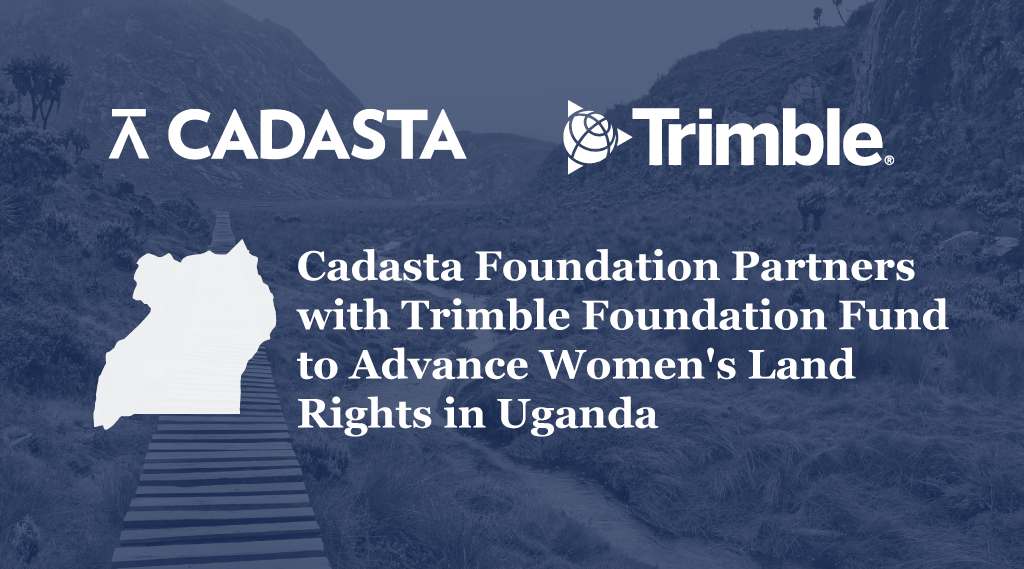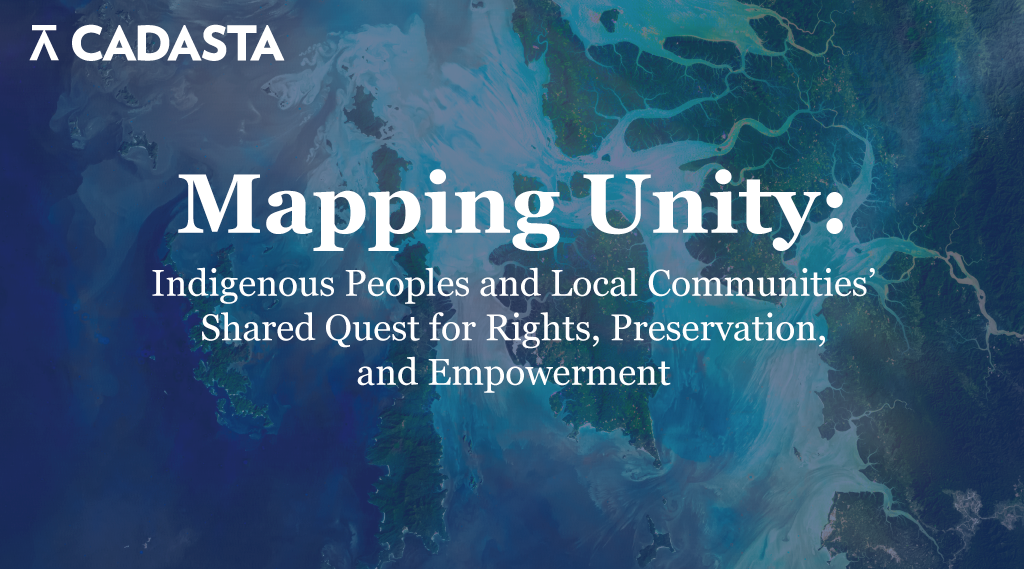As more than 1,000 global leaders in land rights gather in Washington DC this week for the annual World Bank Land and Poverty conference, there will, no doubt, be much discussion focused on gathering data to measure global progress towards documenting and strengthening land rights for all women and men.
But it is critical for us to also recognize and discuss the enormous potential for this same data — when made public and accessible — to empower communities.
When governments open their data on land use, including rights and concessions, conservationists and indigenous communities can see what land is protected and what land is under threat. Farmers can gain confidence seeing that their rights are properly documented. Banks can confirm who has documented rights and provide loans to support the purchase of better quality seeds and fertilizer. And agricultural extension agents can identify and support smallholder farmers’ and indigenous communities’ sustainable use of their land.
Currently, we are far from this goal. The rights to 70 percent of the land in emerging economies remain undocumented. What land and resource rights documentation exists, is often outdated or incorrect. And, critically, these records are rarely accessible to the public. In fact, according to the Open Data Barometer Report , land-related data is among the datasets least likely to be open. The report maintains land data is, “Rarely available online, difficult to find when available and quite frequently behind paywalls.”
Paywalls limit the number of businesses that can build services based on the information. And it reinforces the status quo of those who have power derived from access to information and those who don’t.
As progressive governments and the international development community tap innovative new technologies to document and strengthen land rights, they need to discuss and assess — at the onset of their activities — the benefits and risks of opening much or all of that data to the public.
We recognize that best practices cannot simply be based on protocols in advanced economies. Releasing an owner’s name in a highly developed and relatively equitable country can help prevent corruption. But revealing the same information in a country with less formal land documentation or high rates of inequality can result in the dispossession or displacement of vulnerable communities.
That said, opening all or some of the data to the public cannot be dismissed out of hand as being too risky.
There are compelling reasons for opening up land records, as appropriate, to the public:






